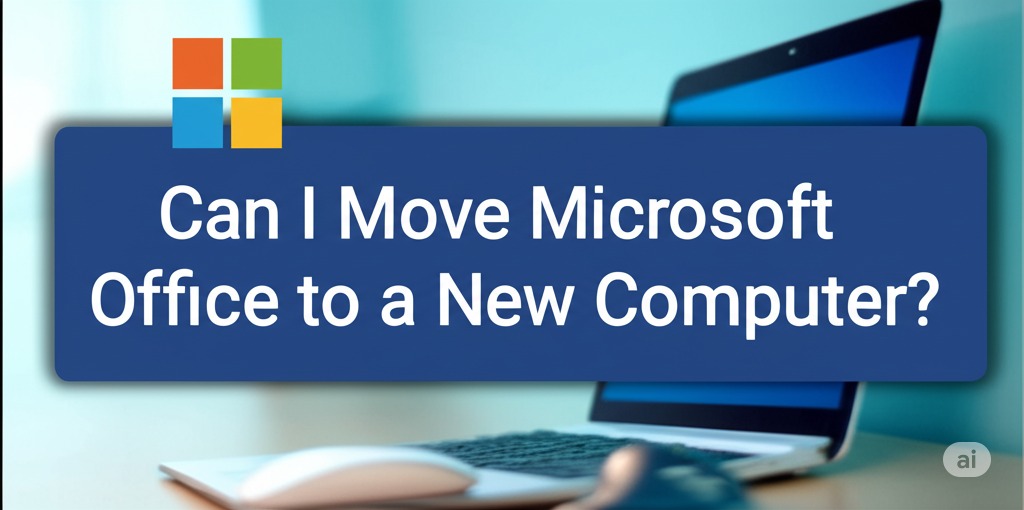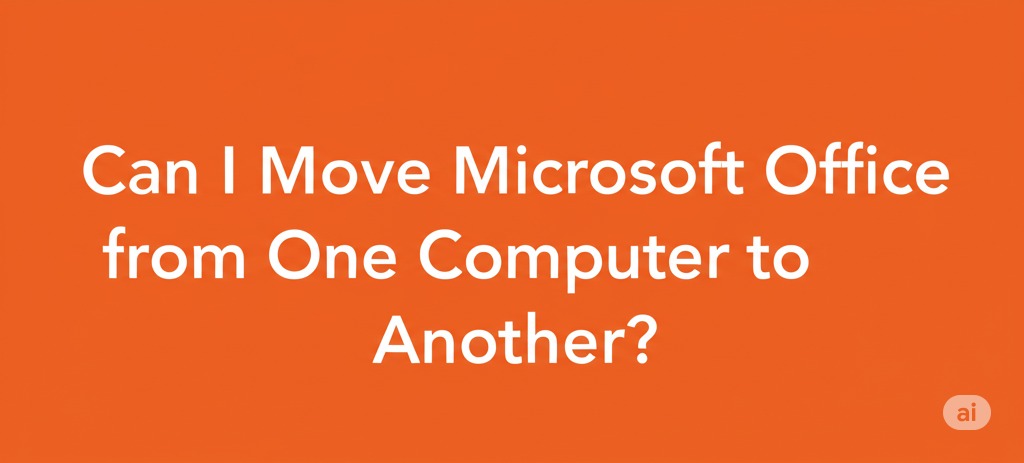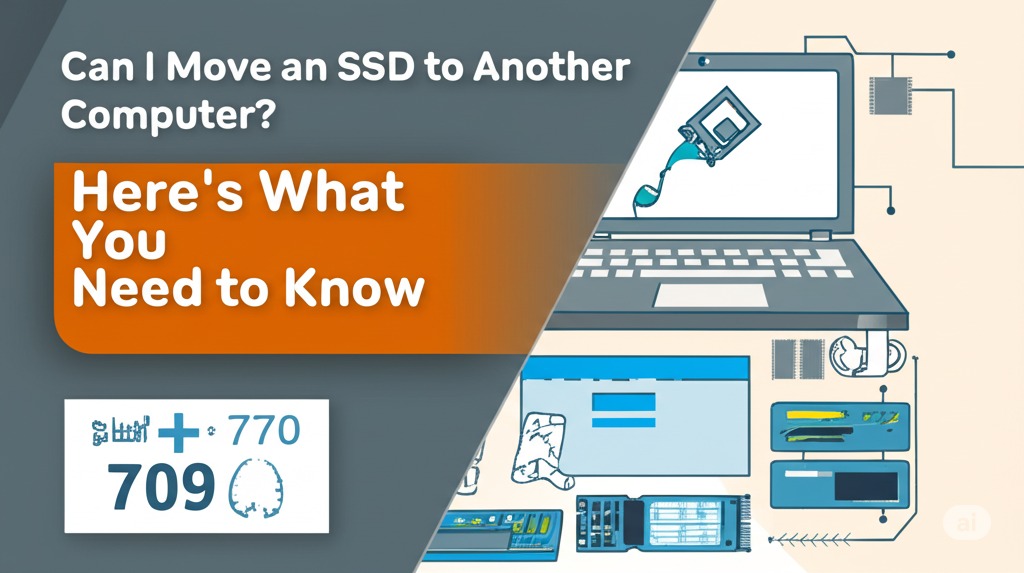Quantum computing is no longer just a concept from science fiction movies. It’s an emerging technology that promises to revolutionize fields like cryptography, artificial intelligence, and drug discovery. But for most people, the question arises: Can I buy a quantum computer today? In this article, we will explore the current state of quantum computing, the challenges involved, and whether it’s possible for you to own one today.
What is Quantum Computing?
Before diving into whether you can buy a quantum computer, it’s essential to understand what quantum computing is. At its core, quantum computing is based on the principles of quantum mechanics, the branch of physics that deals with the behavior of matter and energy at very small scales, like atoms and subatomic particles.
Traditional computers use bits to represent data as either 0s or 1s, while quantum computers use quantum bits, or qubits. Qubits can exist in multiple states simultaneously, thanks to a phenomenon called superposition. This ability allows quantum computers to perform complex calculations much faster than classical computers in certain applications.
The Quantum Computer Market Today
Current Availability of Quantum Computers
The simple answer to the question “Can I buy a quantum computer today?” is no, at least not in the way most people might expect. Quantum computers are still highly experimental and are primarily used by research institutions, universities, and large corporations with significant resources.
However, while owning a quantum computer is not an option for most individuals, several companies are making quantum computing accessible in other ways. Cloud-based quantum computing services are now available, allowing users to access quantum processing power remotely.
Leading Companies in Quantum Computing
- IBM: IBM has been a pioneer in quantum computing with its IBM Quantum Experience platform. Through this cloud service, users can experiment with quantum algorithms and access a real quantum computer remotely.
- Google: Google’s quantum computing initiative, known as Google Quantum AI, is focusing on achieving quantum supremacy—the point at which quantum computers can outperform classical computers in specific tasks. While you can’t buy a Google quantum computer, the company offers access through its cloud service.
- Microsoft: Microsoft is working on building quantum computers with its Azure Quantum platform. This cloud-based service enables businesses and developers to harness quantum computing power for various applications.
- Amazon: Through its Braket service, Amazon offers a variety of quantum computing tools for researchers and developers to explore.
Why Can’t You Buy a Quantum Computer?
Quantum computers are still in the very early stages of development. The technology faces several significant challenges, such as:
- Cost: Building a quantum computer is incredibly expensive. The hardware needs to operate in extremely cold environments (near absolute zero), requiring sophisticated cooling systems and specialized equipment.
- Stability: Qubits are highly sensitive to their environment. They can easily be disrupted by tiny changes in temperature, magnetic fields, or even cosmic radiation, making them prone to errors.
- Scale: Quantum computers currently have a limited number of qubits, making them far less powerful than they will be in the future. For practical applications, thousands of stable qubits are needed, and this is still a long way off.
What Are Quantum Computers Used For?
While personal ownership isn’t yet feasible, quantum computers hold immense potential in various industries. Some key areas where quantum computing is expected to make a major impact include:
- Cryptography: Quantum computers could break existing encryption methods but also pave the way for new, more secure encryption techniques.
- Drug Discovery: Quantum simulations could accelerate the development of new medicines by simulating molecular interactions more efficiently than classical computers.
- Artificial Intelligence: Quantum algorithms could revolutionize machine learning by enabling faster processing of large datasets.
- Optimization: Quantum computers have the potential to solve optimization problems that would be nearly impossible for classical computers, such as optimizing logistics for large companies or managing energy grids more effectively.
The Future of Quantum Computers
When Will Quantum Computers Be Available for Purchase?
The road to accessible, personal quantum computers is long. While the technology is advancing rapidly, it will take years—if not decades—before quantum computers are commercially viable for widespread use. However, many experts believe that in the future, quantum computers will be more accessible and affordable. The main hurdle is perfecting the technology and overcoming the physical limitations of quantum bits.
In the coming years, we may see hybrid systems that combine classical and quantum computing, making quantum computing more practical for certain use cases. It’s likely that, similar to how people use cloud services today, in the future, we will be able to lease quantum computing power for specific tasks, rather than owning a quantum computer ourselves.
Quantum Computers for the Masses?
As the technology matures, quantum computing will gradually become more integrated into various industries. In the future, businesses and individuals might use quantum computers through easy-to-access cloud platforms without needing to own one themselves. So, while buying a personal quantum computer today is out of reach, the future could hold a very different scenario.
Conclusion: Is a Quantum Computer Right for You?
Although owning a quantum computer is not possible today, the technology is rapidly evolving, and access is becoming more democratized through cloud services. If you’re interested in exploring quantum computing, platforms like IBM Quantum Experience and Amazon Braket offer a way to get started without the need for a physical machine.
As the field of quantum computing continues to grow, it’s important to stay updated on new advancements. In the meantime, keep exploring and experimenting with the incredible potential that quantum computing promises to bring in the near future.

Caleb Carlson is a contributing writer at Computer Site Engineering, specializing in computer technology, software trends, and hardware innovations. His articles simplify complex tech topics, making them accessible to readers of all levels.





